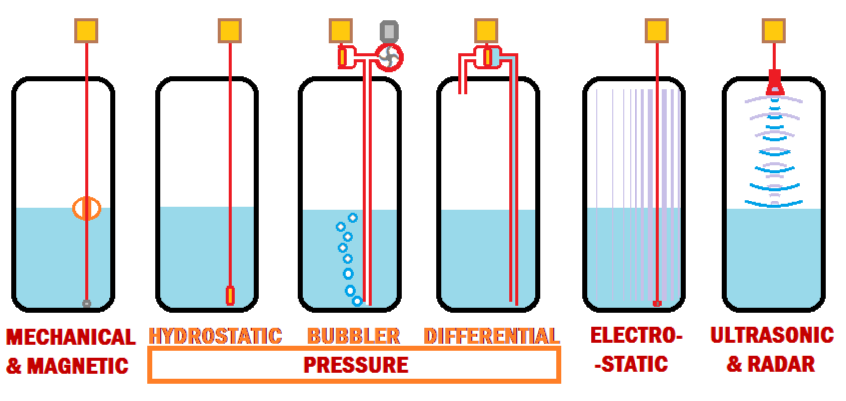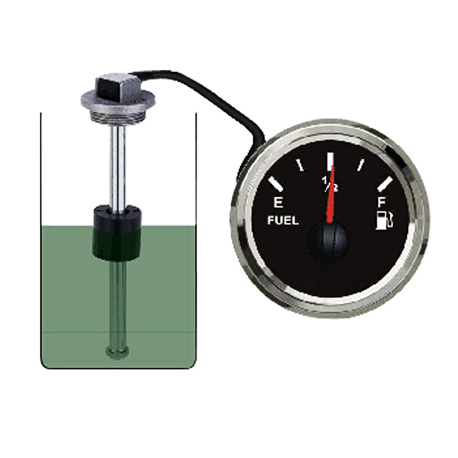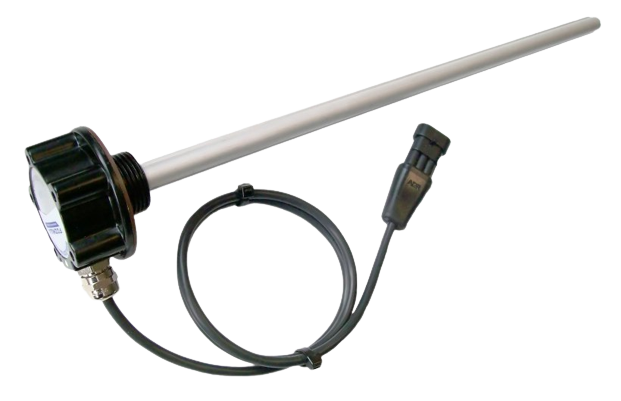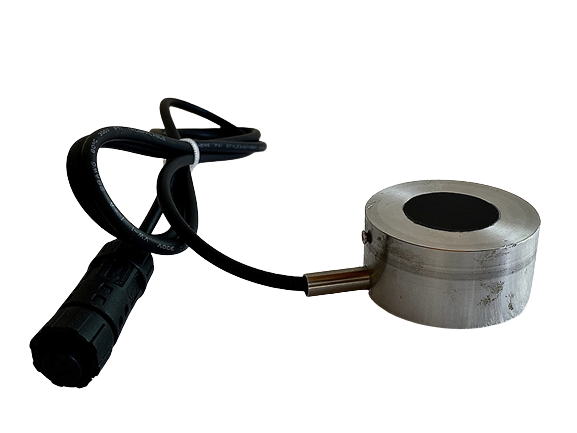Types of Fuel Level Sensors

In the realm of fuel monitoring, various types of fuel sensors are employed to accurately measure and display the level of fuel in a vehicle's tank. This blog post delves into the most common types of fuel sensors, including factory-installed sensors like the float fuel sensor and additionally installed sensors such as the capacitive fuel sensor and ultrasonic sensor.
- Factory-Installed Sensors: Float Fuel Sensor
One of the most widely used fuel sensors in vehicles is the float fuel sensor. This factory-installed sensor functions by displaying a relative fuel level on the dashboard. However, it's essential to note that the readings provided by float fuel sensors are only approximate. They come with a relative error that can range between 10-30%. As a result, their accuracy is limited.

Additionally Installed Sensors: Capacitive Fuel Sensor
To overcome the limitations of factory-installed fuel sensors, integrators of GPS tracking and telematics systems opt for additionally installed sensors like the capacitive fuel sensor. These sensors are known for their high precision and are widely used in fleet management systems. Capacitive fuel sensors rely on the principle of measuring the change in capacitance as the fuel level in the tank varies. With a relative error as low as 1-2%, these sensors provide significantly more accurate fuel level measurements.

- Additionally Installed Sensors: Ultrasonic Sensor
Another type of fuel sensor frequently used in fleet management systems is the ultrasonic sensor. These sensors operate based on ultrasonic waves, which are used to measure the distance between the sensor and the fuel surface. By accurately determining the fuel level in the tank, ultrasonic sensors offer precise and reliable readings. Similar to capacitive fuel sensors, the relative error of ultrasonic sensors is only around 1-2%, ensuring high accuracy in fuel level monitoring.

To ensure seamless integration of these high-precision fuel sensors into fuel monitoring systems, consider utilizing a comprehensive fuel monitoring solution like the one provided by Kommnet. Their fuel monitoring system incorporates state-of-the-art technology to precisely measure and monitor fuel levels in vehicles. By leveraging Kommnet's solution, fleet managers can optimize fuel usage, detect anomalies, and better manage their fuel consumption.
You can learn more about Kommnet's fuel monitoring system and how it can enhance your fleet's fuel management. Maximize the accuracy and efficiency of your fuel monitoring with the advanced capabilities offered by Kommnet's solution.
